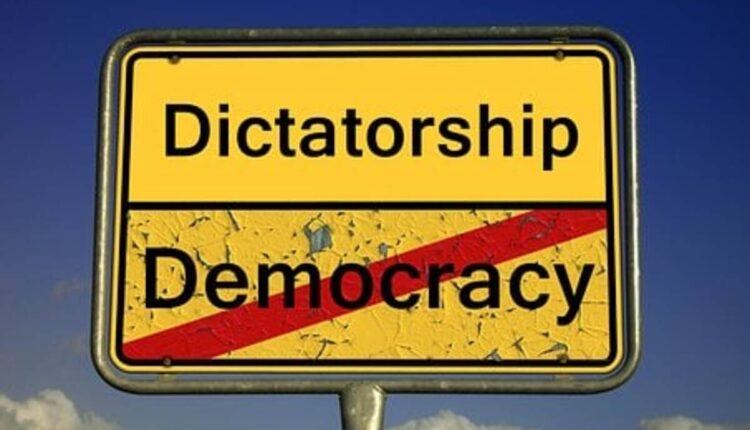This article is a book review of an excellent reserve dealing with trends of frosty war-era nations and the politics involving them. Communism’s demise was a victory intended for western democracy, but it also showed new challenges in the form of nonsecular radicalism and ethnic brutalité in post cold conflict world. What you need to consider about “We the People 13th Edition pdf”.
1. The reserve provides an introduction to the most critical regions of politics within the atmosphere associated with uncertainty and opportunity developed by the end of the cold battle written by Martin Slam. Communism’s demise was a victory for western democracy, but it also introduced new challenges in spiritual radicalism and ethnic physical violence.
2. The book is divided into four parts. Component I deals with the concept of politics as creative liveliness. It includes a review of the features regarded as proper ingredients of political society and the impression of a particular society’s background culture on the conduct involving politics. Some of the crucial features highlighted are the examples below: –
a. The Soviet Union’s political system is an outstanding example of how a governmental composition can fail to meet its citizens’ needs by simply adhering to an unworkable ideology and institutionalizing corruption and incompetence.
b. Government that actively seeks to provide for its citizens’ security and overall health appears to prosper and receive the loyalty of those underneath its jurisdiction.
c. Typically, the post cold war time is much more complex because of the revival of ethnic and faith-based conflicts.
d. The term State – State does not correctly describe most countries around the map. Many societies are usually broken down into tribal and clannish affiliations, and the core government has difficulty retaining authority in such locations. In many cases, a central authority has difficulty even setting up control over regions and the population it is considered in charge of.
3. Part II works with the kind of political institutions or processes commonplace throughout political systems, including essential government structures. Following are some of the top aspects deliberated upon by the author: –
a. Politics parties exist in particular democratic and nondemocratic political systems. In democracies, they seek to win particular elections, whereas, in the not democratic system, they are keen on extending the power and power over the party leadership.
c. Extremist parties often flourish in free elections. However, all their electoral prosperity usually springs up during bad economic moments or in other conditions cause social unrest to appear. Moreover, separatist parties can often effectively and completely overcome larger parties within their regions.
c. A new referendum enables a canton to petition a new legislature on an issue and, in some cases, override the legislature altogether.
4. Element III explores current subjects of politics such as economic system, geography, demography, and violence of any kind that we cannot ignore, seeing the critical considerations of every country’s political life. Several of the essential aspects covered usually are as follows: –
a. The earth is increasingly becoming a global economic system. This economy includes equal advantages and dislocations. Large regions of the world are impoverished, while other countries usually achieve unprecedented economic innovations.
b. Even a country fortunate enough to possess significant natural resources may not use a developed economy that enables a solid middle class or perhaps provides most society access to economic possibilities and benefits. Even in developing countries, economic developments hardly ever occur or smoothly stumble upon society.
c. Colonial time empires built on expansionist agendas inevitably seem to fall. The last to do so was the Euro-dominated Soviet Union.
Deb. State terrorists often have significant longevity and lethal features because they enjoy state sponsorship. If adopted by an express, terrorists can forcefully and also indirectly express California’s foreign policy agenda.
5. Part IV reviews the particular post cold war foreign constellation, focusing on the properties that have changed it significantly over the past decade. That offer continued influence well into your new century. Some areas deliberated upon are: instructions
a. The nation-status system is alive and accomplishing well. More sovereign people exist than ever before.
b. Connection security is an essential and interpreting feature of international security. When it is working well, connection security helps to guarantee that no group of countries emerges that happens to be menacing to peace and threatening to the balance connected with power.
6. It is protected to assume that the foreign situation will continue to adjust substantially and rapidly. The effect of such changes will probably strongly influence the process of North American politics. Very little is permanent in international relations along with the end of the Cold World war is not the end of the story but simply a start of a new and pretty different time.

